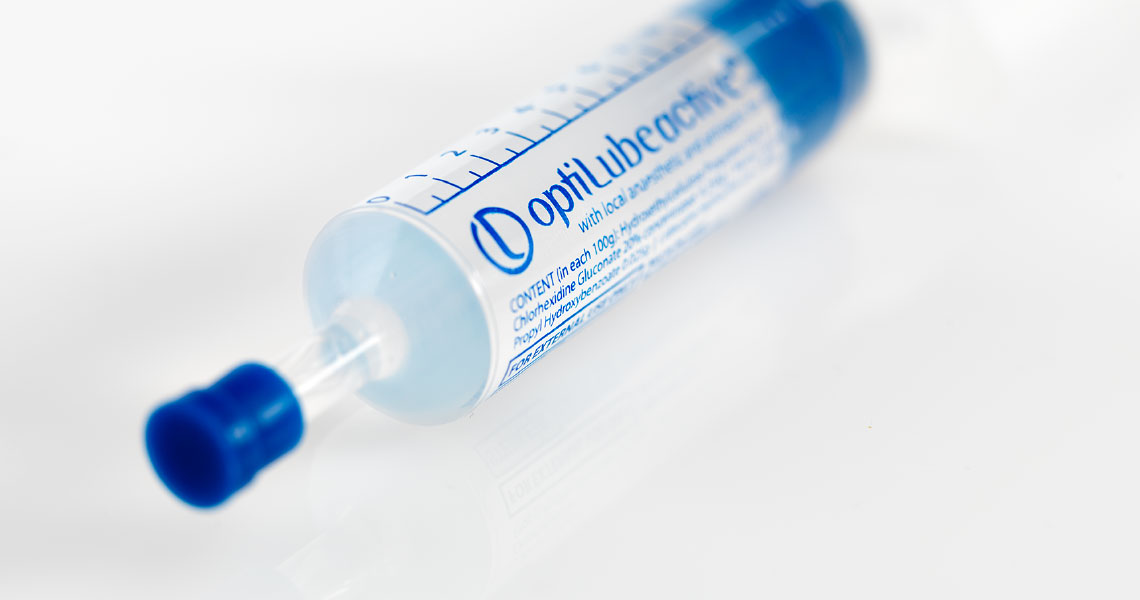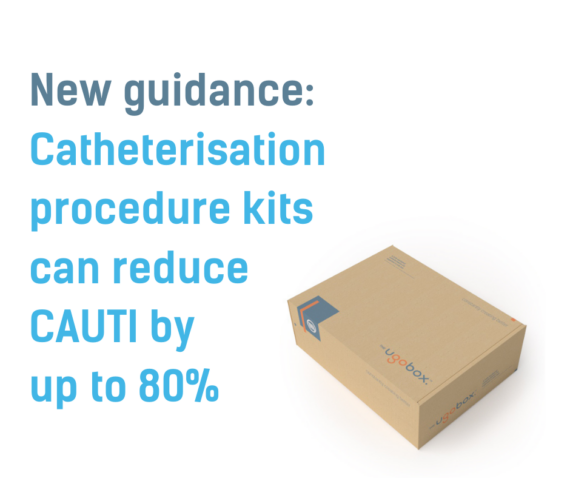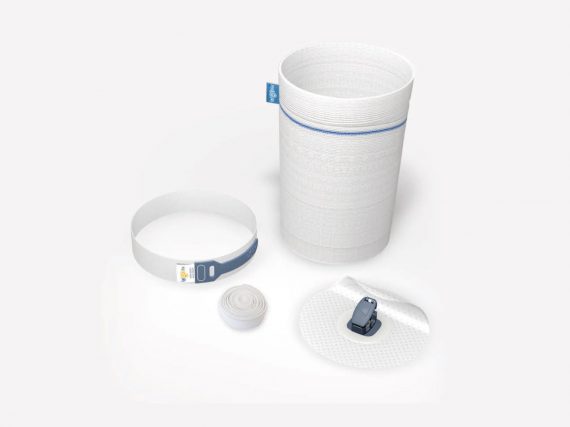Urinary catheterisation is a medical procedure that is carried out to drain urine from the bladder. A flexible tube called a catheter is inserted into the bladder via the urethra or through an incision in the lower abdomen.
Why is catheterisation carried out?
There are many reasons why a person may need to be catheterised, but the main reason is that they have difficulty passing urine naturally.
Some reasons why you may need help passing urine:
- You might have an obstruction in your urethra because of scarring or prostate enlargement
- You might have nerve damage which affects your ability to release urine
- You might be under anaesthetic during surgery or childbirth
- You might use a catheter to help manage urinary incontinence
A catheter can be used as a one off to drain the bladder for a particular reason, or be used over a short time while you are recovering from an illness, or it could be used for a longer time or even permanently if you have a condition which requires it.
The insertion of a catheter can cause some discomfort, which is why the clinician carrying out the procedure may choose to use a catheterisation jelly.

What is a catheterisation jelly?
A catheterisation jelly is a lubricating gel that is specifically formulated to aid the insertion of a catheter, minimising pain and reducing the risk of infection and trauma. A catheterisation jelly will most likely come in syringe format and be directly applied to your urethra before the catheter is inserted.
Why do we offer a range of catheterisation jellies?
We have many years experience developing and manufacturing lubricating jelly and we know that all catheter users are different. We know that one lubrication will not suit every catheter user, which is why we offer a range.
OptiLube sterile lubricating jelly
OptiLube contains no active ingredients and is ideally suited to people who may have a sensitivity to the active ingredients contained in OptiLube Active or OptiLube Active CHG Free.
OptiLube Active
OptiLube Active contains active ingredients 2% Lidocaine and 0.25% Chlorhexidine Gluconate, so as the person being catheterised you will benefit from local anaesthetic and antiseptic.
OptiLube Active CHG Free
OptiLube Active CHG Free is the newest addition to our catheterisation jelly range and contains the active ingredient 2% Lidocaine, helping to reduce pain during and after catheterisation, ideally suited to people who display a sensitivity to chlorhexidine or in hospitals where chlorhexidine use for catheterisation is contraindicated.
The clinician carrying out your catheterisation procedure will select the best catheterisation jelly for you based on your medical history. Do not hesitate to get more information from them if you have any concerns related to being catheterised or just want further information about the procedure.
Please email enquiries@optimummedical.co.uk if you would like to receive samples of any products in our catheterisation jelly range or if you are a long term catheter user, why not take a look at our Ugo Urology range.


